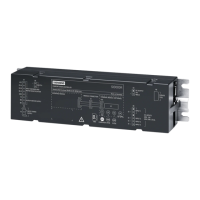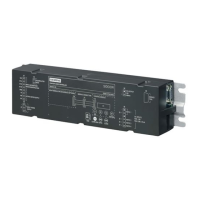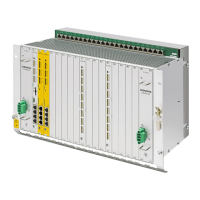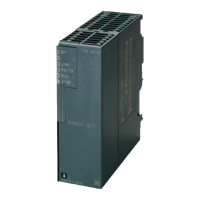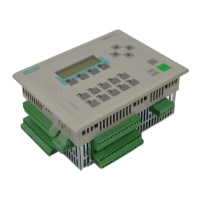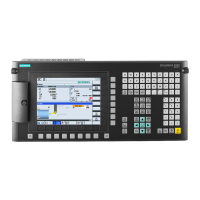Edge-controlled
Each digital input can also be evaluated edge-controlled. Note that edge-controlled signals are
available for the current processing cycle only. Drive orders that are assigned directly to the edge-
controlled input signals are, therefore, "latched" automatically. "Latched" means that the drive
orders are stored and stay active until they are overwritten by another drive order. These
elements are identied accordingly in the Overview (Page 92).
Note
Latched drive orders are processed separately and are stored as door commands with an
associated door command expansion bit. Any other, unlatched door command apart from
"deenergized" overwrites or clears the latched drive order including the expansion bit.
Logical input signals
To be able to map internal dependencies in the logic, selected system states are made available
as logical input signals.
Logical signal source Meaning
Q0 Logical 0 "low"
Q1 Logical 1 "high"
Q33 Motor deenergized
Q34 Motor stopped
Q35 System opened
Q36 System closed
Q37 Fault
Q38 System in normal mode
4.3.9.4 Control bits (as of V1.10)
5 control bits SBIT 0 ... 4, can be transmitted via the technology control word 2 (TSW2), bit 10 ...
bit 14.
Like digital input signals, these control bits can be controlled by their edge, level, inverted and
non-inverted, linked to any function blocks and/or directly with motion tasks.
See also A.1.2.4 TSW2 - Technology control word 2 (Page 320).
4.3.9.5 Special function blocks
An active system fault can be acknowledged by means of the special "fault acknowledgement"
function block. The acknowledgement is triggered after the input signal has been active for at
least 5 s.
The controller's emergency power mode can be activated by means of the special "emergency
power mode" function block. You can nd additional details about the emergency power mode
in the section Emergency power mode (Page 106).
SIDOOR functions
4.3 Extended functions
ATD4xxW for industrial applications
98 System Manual, 06/2022, A5E51901827B AA
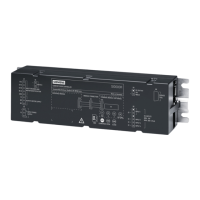
